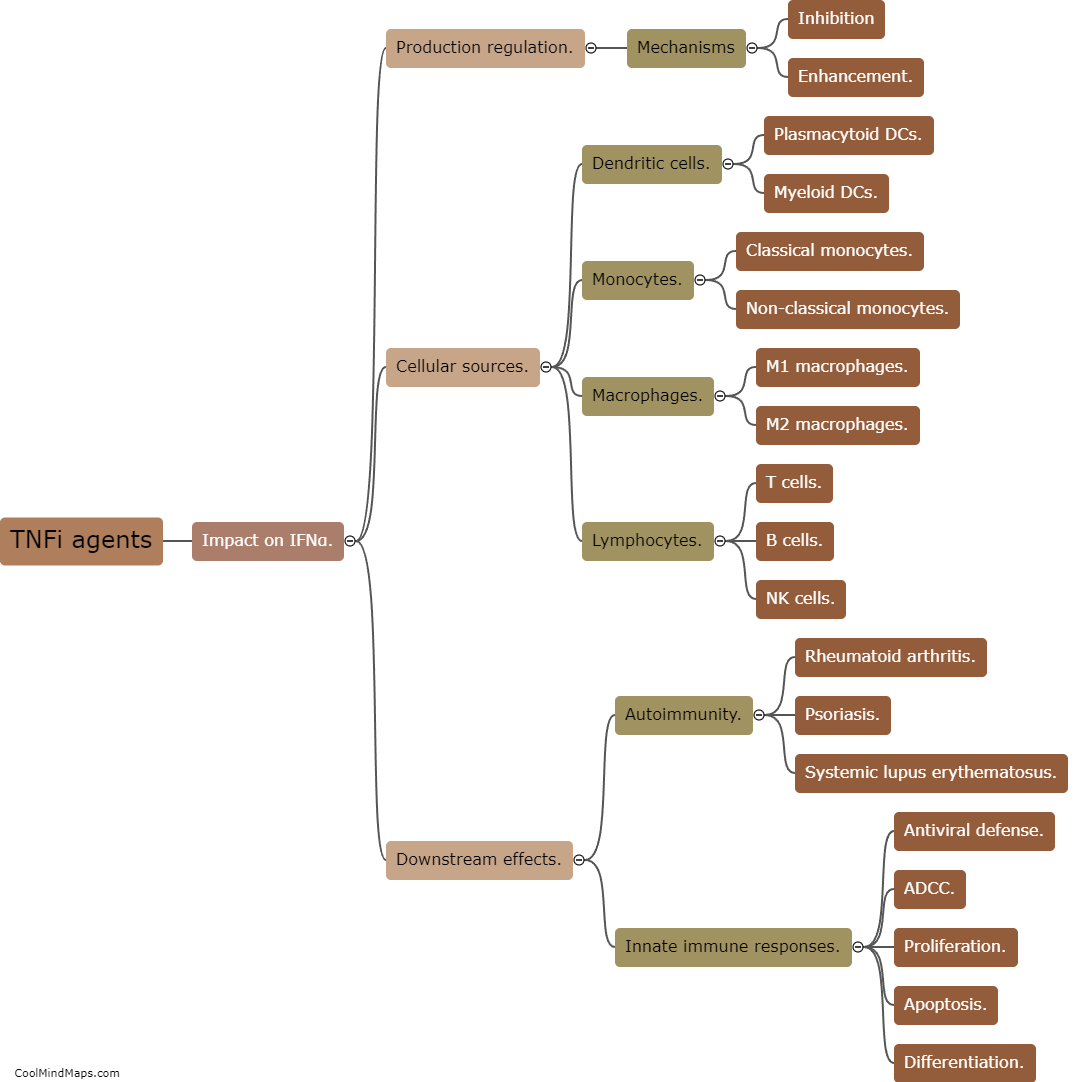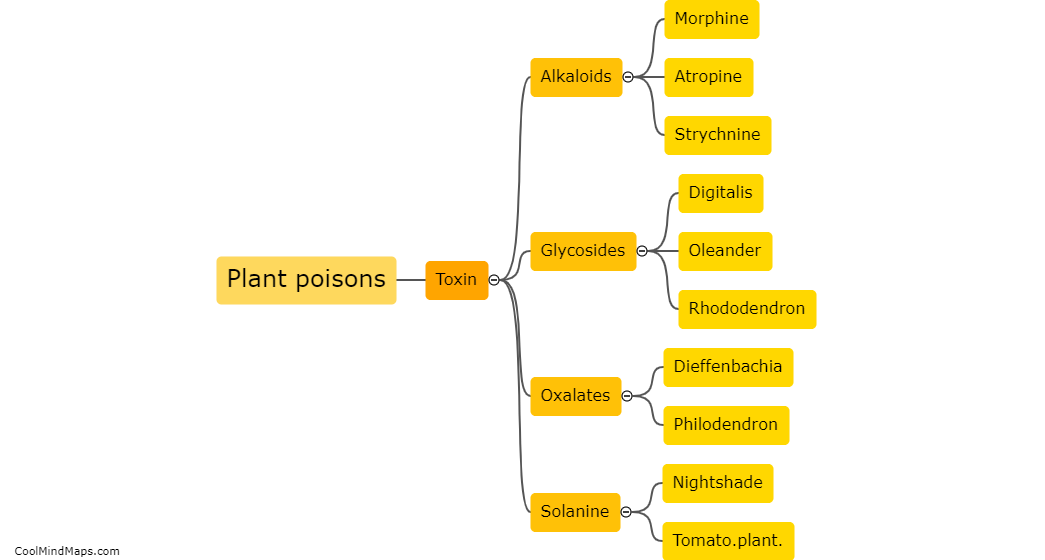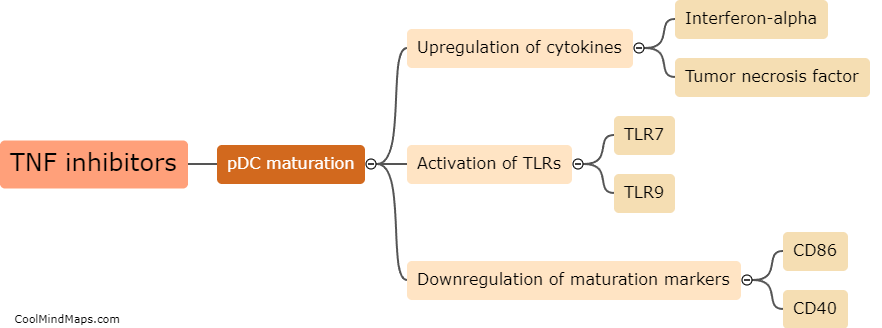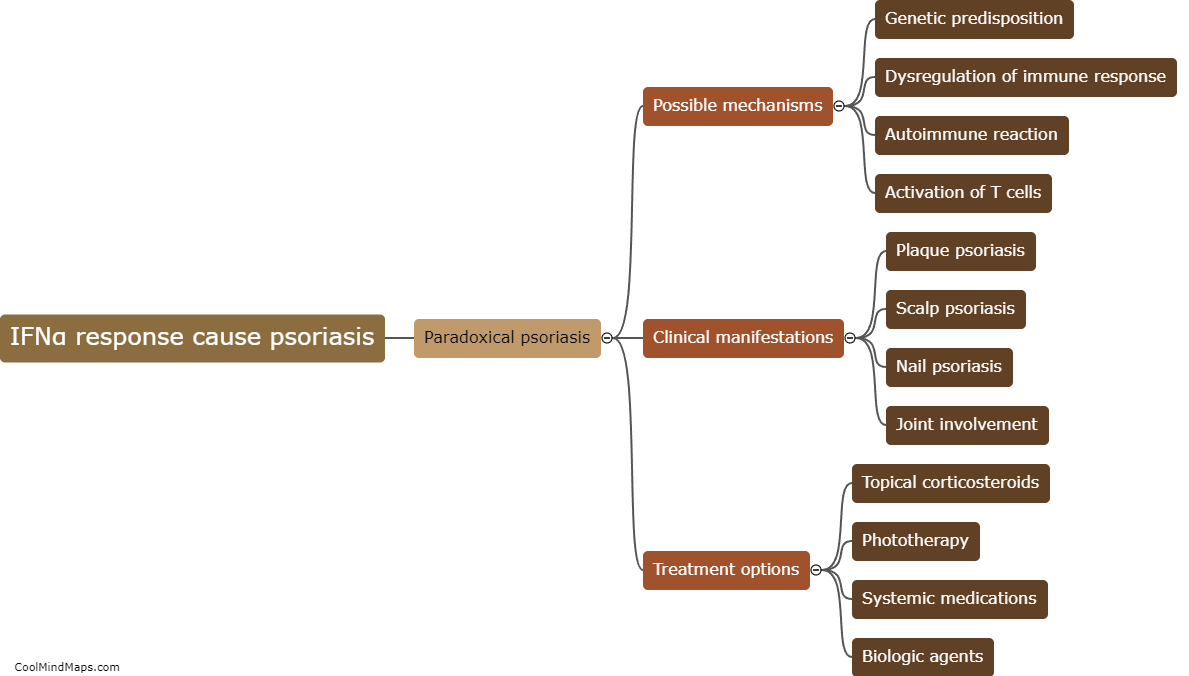What is the impact of TNFi agents on IFNα production?
TNFi (Tumor Necrosis Factor inhibitors) agents, such as infliximab and adalimumab, are widely used as immunomodulatory drugs for the treatment of various autoimmune diseases, particularly rheumatoid arthritis. These agents primarily function by inhibiting the activity of TNFα, a pro-inflammatory cytokine involved in the pathogenesis of these diseases. Interestingly, studies have shown that the use of TNFi agents can also have an impact on the production of interferon-alpha (IFNα), a type I interferon crucial in innate immunity and known to be dysregulated in autoimmune diseases. TNFi agents have been found to reduce the production of IFNα, potentially contributing to the mitigation of the inflammatory response observed in autoimmune conditions. However, the precise mechanisms through which TNFi agents modulate IFNα production are still not fully understood, and further research is needed to elucidate the intricate relationship between TNFα and IFNα in the context of autoimmune diseases and the therapeutic implications of TNFi treatment.

This mind map was published on 13 July 2023 and has been viewed 238 times.











